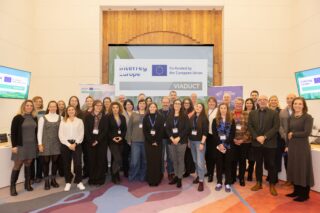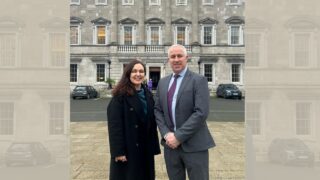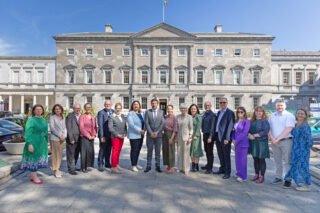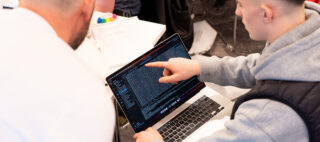Survey led by NUI Galway and the Western Development Commission is seeking participants to give their experience of remote working six months after lockdown.
Researchers from the Whitaker Institute at NUI Galway and the Western Development Commission have launched the second phase of the national remote working survey. The survey will gather data on employees’ experiences of remote working six months after lockdown.
The survey is led by Professor Alma McCarthy and Dr Katerina Bohle-Carbonell at NUI Galway, and Tomás Ó Síocháin and Deirdre Frost at Western Development Commission.
The study will provide insights on how remote working has changed employees work and employment experiences. The second survey builds on the survey the research team undertook in April this year soon after the national lockdown which mandated remote working for those employees who could do so.
Identifying the opportunities and challenges will mean that remote working infrastructure such as broadband and remote working hubs, for example, will allow both individuals and communities to minimise the challenges and to make the most of this fundamental shift in the way we work.
The second phase survey will enable trend analyses on changes in employees’ experiences between Phase 1 (April 2020) and now, six months later (October 2020) in what has become a prolonged change in work habits for many employees who continue to work remotely. Data will also capture commuting habits and how remote working impacts emissions and the environment.
Speaking about the second national survey, Professor Alma McCarthy, Professor of Public Sector Management, J.E. Cairnes School of Business and Economics, said: “The first survey we did in April 2020 was of huge interest to the public and we got over 7,200 responses from employees who were working remotely across the country. 83% of respondents at that time indicated they would like to continue to work remotely for some or all of the time after the crisis is over. The crisis potentially presents a game-changer for how organisations manage their workforce and employee workplace preferences. It is now timely to examine remote working six months on from lockdown.”
Tomás Ó Síocháin, CEO of the Western Development Commission, said: “The information collected in these surveys will help to ensure that the correct measures are in place to support those working remotely. Identifying the opportunities and challenges will mean that remote working infrastructure such as broadband and remote working hubs, for example, will allow both individuals and communities to minimise the challenges and to make the most of this fundamental shift in the way we work.”
The research team will analyse the findings of the second national remote working survey and make them publicly available on both NUI Galway’s Whitaker Institute and the Western Development Commission websites by the end of October. The report and key statistics from the first national survey are also available on these websites. The remote working study findings will be available to inform employers about employee experiences of remote working. The research team will provide recommendations for employers on how to better manage remote working in the current crisis as well as more generally.
To complete the survey visit https://bit.ly/3kXjH9w





